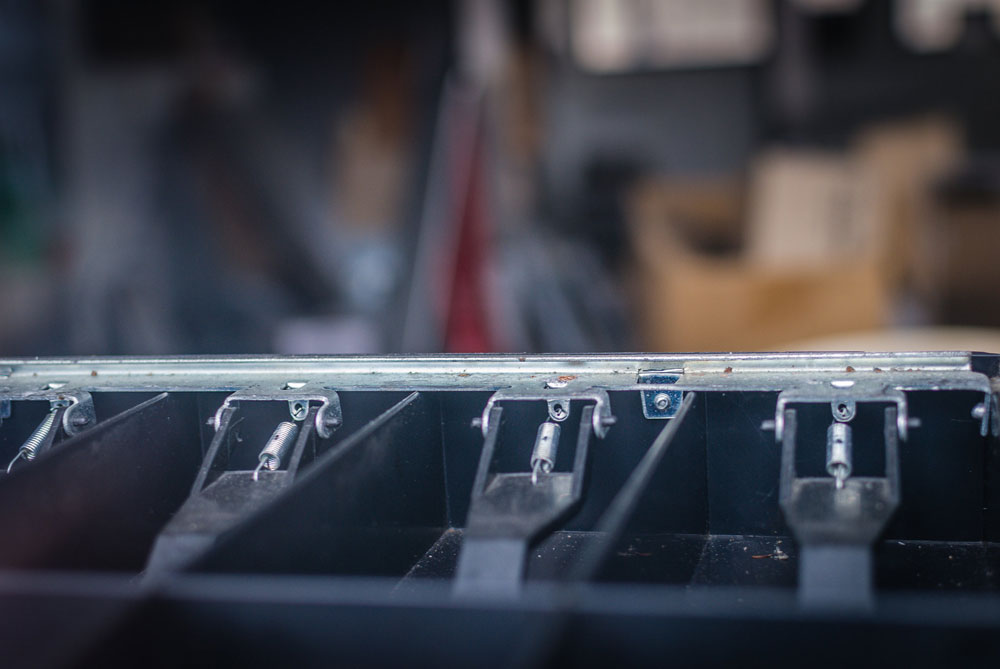
April 15, 2020; Bloomberg Politics
NPQ, as readers know, has been following the story of the Paycheck Protection Program of the CARES Act as nonprofits worked through the chaos of the application process. The program, which was open to small businesses—including nonprofits—with fewer than 500 employees, offered forgivable loans to retain employees on payroll and promised some kind of a bridge over the COVID-19 shutdown period if it did not extend too long.
Thus, nonprofits flocked to lenders, sometimes for the first time. Many found themselves dealing with bank officers just as confused as they were about the provisions of the program. Others were pushed to the back of the line as more lucrative and longtime bank customers were served, or placed in various forms of limbo as the Small Business Administration (SBA) struggled to manage the process.
Sign up for our free newsletters
Subscribe to NPQ's newsletters to have our top stories delivered directly to your inbox.
By signing up, you agree to our privacy policy and terms of use, and to receive messages from NPQ and our partners.
We heard many dramatic stories about nonprofits’ persistent attempts to access the loans, and some about the experiences of small businesses. Still, as of yesterday, the Wall Street Journal was reporting that 90 percent of the $349 billion set aside for the program had already been allocated, and Senator Marco Rubio (R-FL) is intimating that another 700,000 small business applications remain in limbo.
Rubio blames the Democrats, who, he says, have been holding up the deployment of more funds with concerns about shoring up barriers that have acted as obstacles for smaller businesses and nonprofits. But, as we have written before, it appears that many nonprofits were at a disadvantage in the application process and, as of this time, we do not know the mix of those who have been successful, though some are trying to access that information. NPQ covered these barriers in previous articles, along with the fact that our national advocates have been working hard to ensure access to the next pot of money is democratized. Meanwhile, the SBA reported yesterday that $305 billion in loans had already been approved, so we know we are nearing the end of the spending from this fund.
NPQ is interested in hearing from readers about this—both those who did manage to get their loans processed and those who did not. What about the process could be improved? What kind of difference will the money make to your prospects? What will you be facing if you do not receive the loan?—Ruth McCambridge











